
Harvard Team of Investigators
Harvard Medicine BRCA1 Project Dana-Farber Cancer Institute
The goal of the Brugge-Livingston work is to create new opportunities that enable a physician to eliminate or greatly reduce the abundance of pre-cancerous, BRCA1 mutation-bearing breast cells. Success would reduce the likelihood that a BRCA1 mutation-bearing woman will develop breast cancer. Their work is also aimed at exploiting the same, new molecular insights for their value as roadmaps to new, more effective therapy for BRCA1 breast cancer. A variety of complementary, cutting edge technologies are being used in this work.
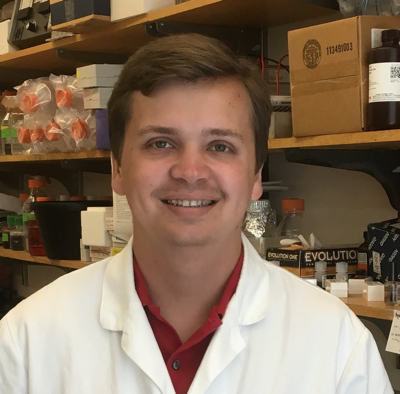
Vladimir Botchkarev, MD, PhD
Dr. Botchkarev received his PhD from Brandeis University in the summer of 2015. Dr. Botchkarev was first exposed to cancer biology while working toward his PhD where he studied the mechanisms by which the Polo-like kinase is regulated during the cell cycle under healthy and DNA damaged conditions. That work identified novel upstream regulators of the Polo kinase and a mechanism by which Polo is able to temporally target its late mitotic substrates.
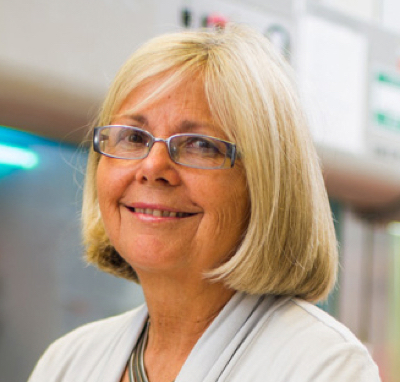
Joan Brugge, MD
Co-Director of the Ludwig Center at Harvard Medical School
A graduate of Northwestern University, she did graduate work at the Baylor College of Medicine, completing her PhD in 1975, followed by postdoctoral training at the University of Colorado with Dr. Raymond Erikson. Dr. Brugge has held full professorships at the State University of New York, Stony Brook, and the University of Pennsylvania, where she was also named an investigator at the Howard Hughes Medical Institute. From 1992-1997, Dr. Brugge was Scientific Director of the biotechnology company ARIAD. She joined Harvard in 1997 as Professor of Cell Biology, was Chair of Cell Biology from 2004 - 2014, and became Co-Director of the Ludwig Center at Harvard in 2014. Dr. Brugge’s research focuses on the genetic and non-genetic changes that lead to the development of cancer, especially breast cancer. Her laboratory models cancer development using a cell culture system in which cells are able to organize into three-dimensional structures that resemble the organization of normal tissue or the distorted organization of a tumor. This system has been particularly useful in deciphering key interactions between tumor cells and other cells in their “microenvironment” leading to cancer metastasis. Most recently, she has made advances in understanding the mechanisms by which tumor cells escape the impact of cancer therapy and explored new strategies to overcome that resistance.
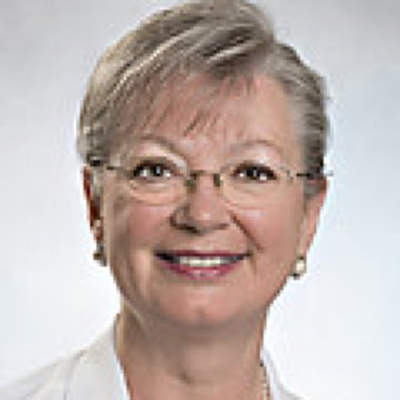
Deborah Dillon, MD
Assistant Professor, Pathology, Harvard Medical School;
Director, Breast Tissue Bank, Dana-Farber Cancer Institute
Dr. Dillon received her MD degree in 1992 from Yale University School of Medicine with thesis work on the Ku antigen in autoimmunity. She subsequently trained in anatomic pathology at Yale-New Haven Hospital and completed a postdoctoral fellowship in molecular oncologic pathology. Dr. Dillon joined the faculty at Harvard Medical School in 2004. She is interested in the molecular pathogenesis of breast cancer and clinical applications of molecular tumor markers, specifically the development of novel molecular markers and technologies to improve cancer diagnosis and therapy.
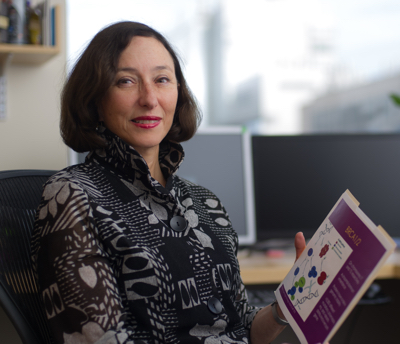
Judy Garber, MD, MPH
Dr. Garber received her MD and MPH in 1981 from Yale University School of Medicine. She served her internal medicine residency at Brigham and Women's Hospital, followed by fellowships in hematology at Brigham and Women’s Hospital, medical oncology at Dana-Farber Cancer Institute, and biostatistics at the National Cancer Institute. She joined Dana-Farber Cancer Institute as a fellow in 1985, and now works as a medical oncologist and clinical cancer geneticist.
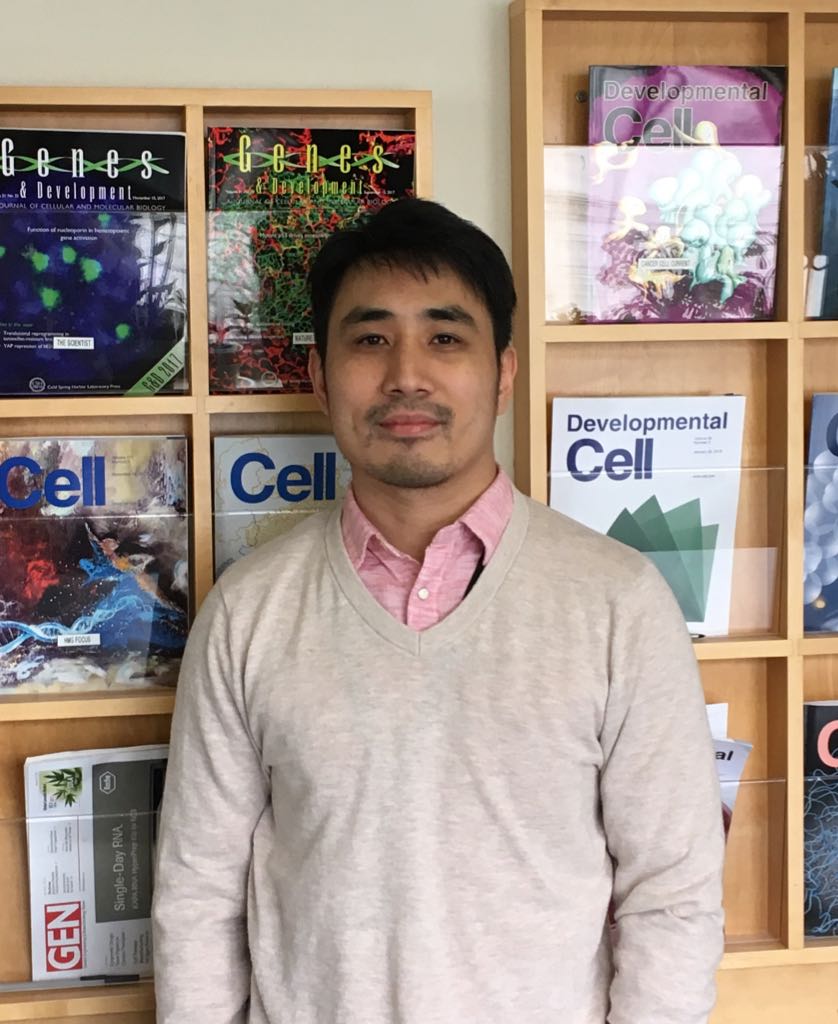
Walter Goh, PhD
Research Fellow, Department of Cell Biology
Dr. Goh received his PhD from the National University of Singapore in 2012 where he worked on identifying peptide therapeutics that target mutant p53 proteins. He now studies mammary tissue heterogeneity using the novel single-cell analysis technology 'Cytometry by Time of Flight' (CyTOF) and together with high-dimension computational methods, aims to uncover new mechanistic insights that contribute to tumorigenesis in patients carrying a mutation in the BRCA gene.
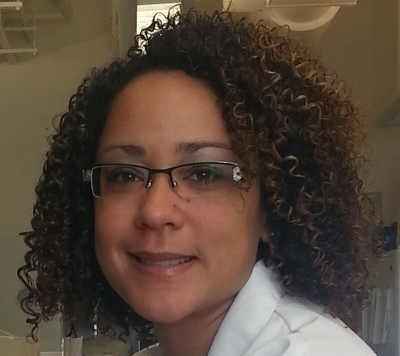
Elodie Hatchi, MD, PhD
Instructor of Medicine, Brigham and Women’s Hospital, Dana-Farber Cancer Institute
Dr. Hatchi received her PhD in Montpellier in 2009. Dr. Hatchi recently identified a new “function” for BRCA1 related to the regulation of genome stability and transcription termination at R-loops-associated pause sites. She is studying the molecular mechanisms underlying this new function and how it could participate in BRCA1 breast and ovarian tumor suppression activities.
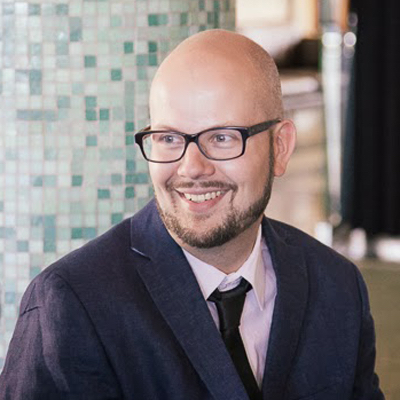
H. Johannes Kuiken, PhD
Dr. Kuiken received his Master’s degree in Oncology from the V.U. University Medical Center in Amsterdam and his PhD from the Netherlands Cancer Institute in 2012. Dr. Kuiken is studying the early events in breast tumorigenesis in BRCA1 mutant carriers using bar coding technology.
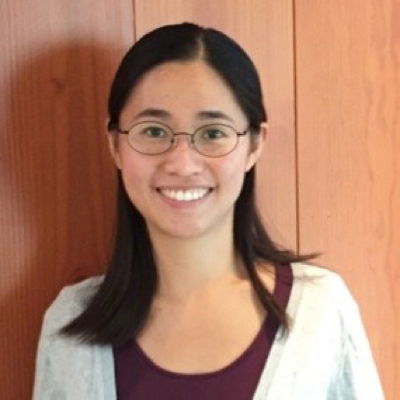
Carman Li, PhD
Dr. Li received her Bachelor’s degree in Molecular Biology from Princeton University in 2009 and her PhD from the Massachusetts Institute of Technology in 2015. Dr. Li is investigating the role of BRCA1 loss in breast cancer development using genetically-engineered mouse models.
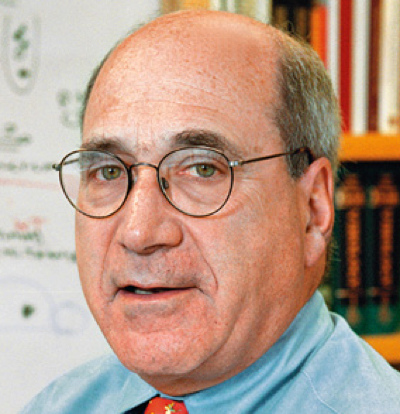
David Livingston, MD
Deputy Director, Dana-Farber/Harvard Cancer Center;
Chief, Charles A. Dana Division of Human Cancer Genetics;
Emil Frei Professor of Genetics and Medicine at Harvard Medical School
From 1996 to 2000, he served as Chairman of the Executive Committee for Research at the Dana-Farber Cancer Institute, leading the senior faculty group that oversees all aspects of the Institute's research program. He reassumed that post in 2005 and has been in it since that time. Dr. Livingston has been a Harvard faculty member continuously since 1973. Dr. Livingston is an internationally recognized expert on the genes that regulate cell growth in the body. Through his research, Dr. Livingston has uncovered detailed biochemical steps required to initiate and maintain the transformation of these cells into tumor cells. In recent years, his work has centered on those key molecular steps that trigger the development of breast and ovarian cancer.
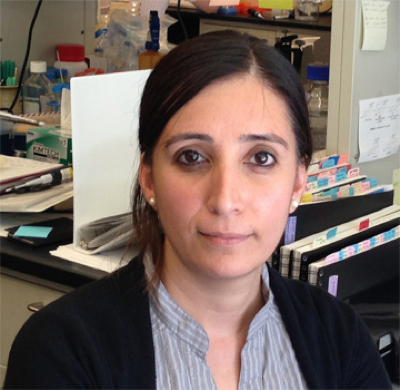
Shailja Pathania, MD, PhD
Dr. Pathania received her PhD in Molecular Genetics and Microbiology at the University of Texas at Austin in 2003. She is an Instructor in Medicine at Brigham and Women’s Hospital at the Dana-Farber Cancer Institute and conducted her postdoctoral research fellowship with Dr. David Livingston at the Dana-Farber Cancer Institute in Boston.
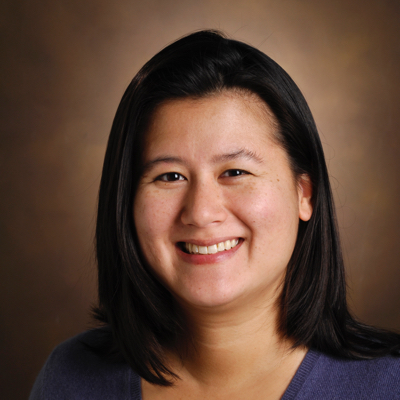
Jennifer Rosenbluth, PhD, MD
Dr. Rosenbluth is a physician scientist who received her Bachelor’s degree from Princeton University in 2003, her PhD in 2009 and MD in 2011, both from Vanderbilt University. She completed her residency training in Internal Medicine at Massachusetts General Hospital in 2013. Dr. Rosenbluth is modeling the early events in BRCA1 tumorigenesis using primary three-dimensional culture methods.
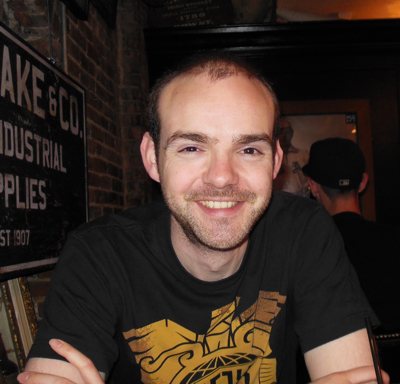
Ronald Schackmann, PhD
Dr. Schackmann received his Master’s degree in Biomolecular Sciences from the Free University of Amsterdam in 2007 and his PhD from the University Medical Center Utrecht in 2013. He is studying mammary tissue heterogeneity using the novel single-cell analysis methods 'Cytometry by Time of Flight' (CyTOF) and DNA-Exchange imaging to provide new insights into the mechanisms of tumorigenesis in BRCA-null cells.
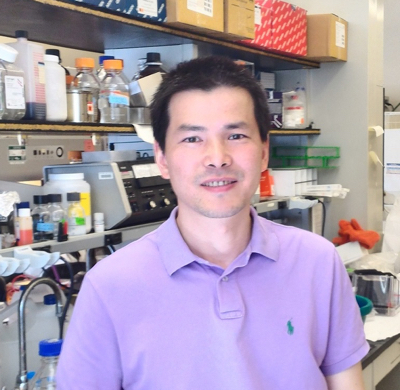
Hua Wang, MD, PhD
Dr. Wang received his PhD from the University of Wisconsin-Madison in 2008. His graduate school work with a breast cancer mouse model led to the identification of multiple genetic loci to control the mammary tumor incidence and latency, and a publication in Cancer Research. Dr. Wang is a research scientist at Dana-Farber Cancer Institute studying the function of BRCA1.
BRCA Foundation
Science & Technology Advisory Team (STAT)
Our advisory team reflects our Silicon Valley roots and combines visionary technology experts and world-renowned scientists to form our Science and Technology Advisory Team (STAT). This distinctive composition of STAT members uniquely positions BRCA Foundation for groundbreaking leadership.Read More
We know it is possible. We know that cutting-edge scientific research being done today will bring about the therapies, cures and preventative treatments that will save the lives – and improve the quality of life – of millions of BRCA-positive individuals tomorrow.
